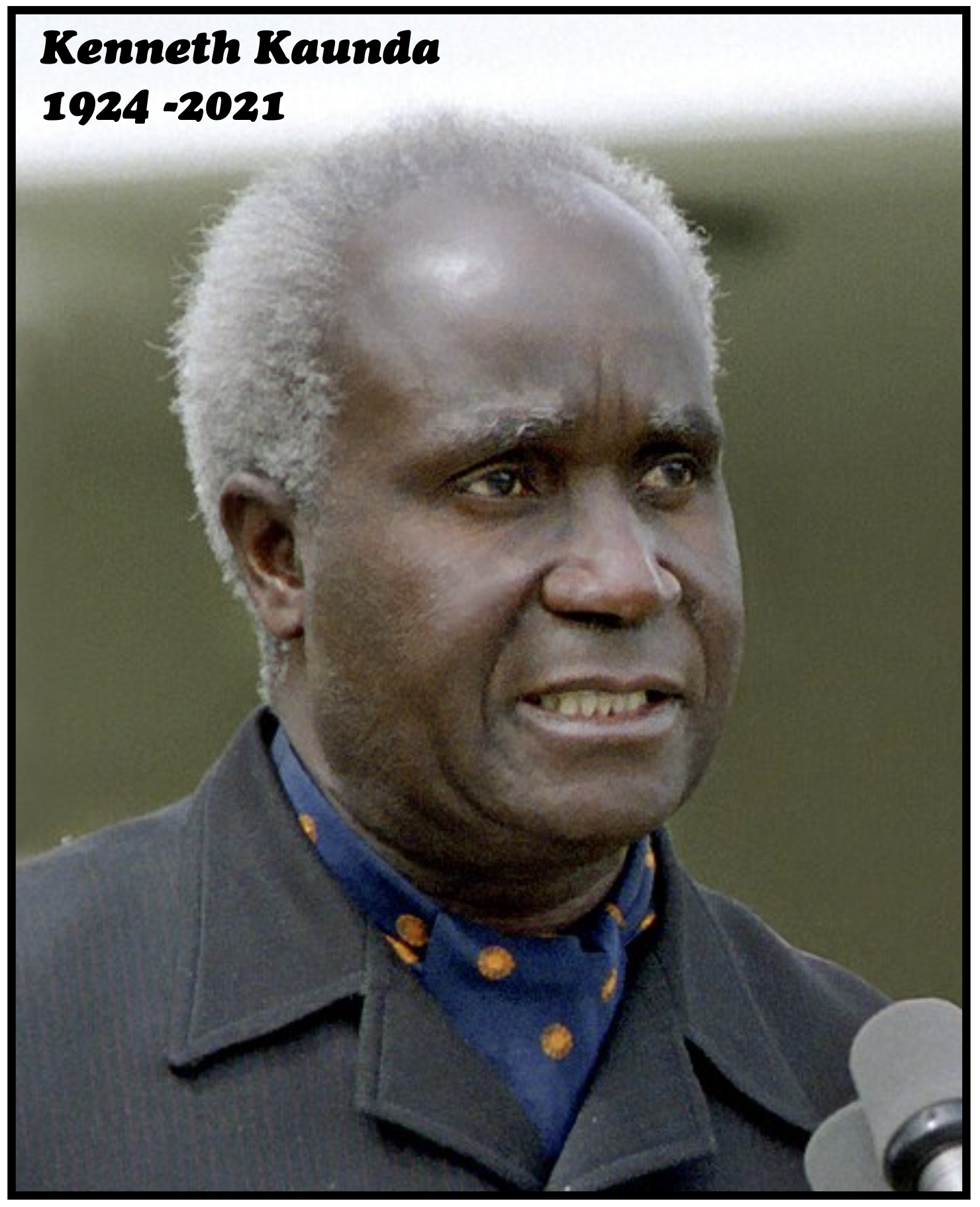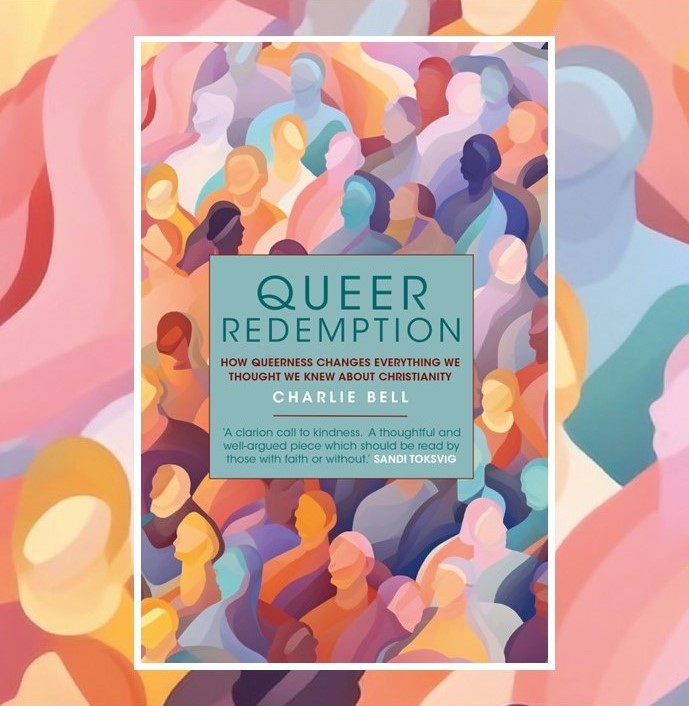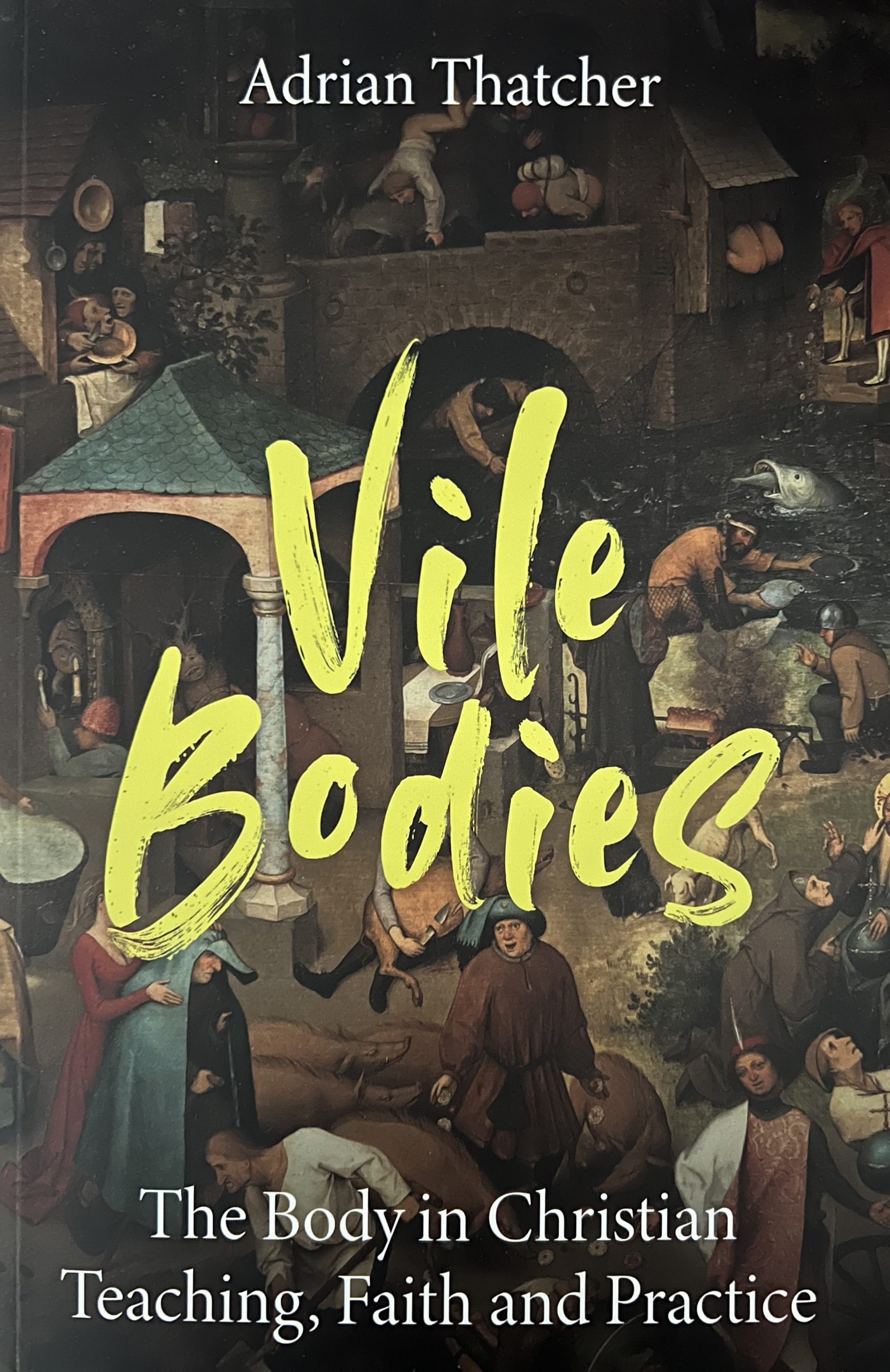“From Pakistan to the UK: A Christian Woman’s Journey of Faith, Perseverance, and Renewal”
Sabeeta Mushtaq writes of her faith journey: ... I was born and raised in Pakistan, a Muslim country, into a Catholic Christian family. Growing up as a religious minority in a society where Islam is the dominant faith was a unique experience that came with its own set of challenges and blessings. Despite facing discrimination and social barriers, my faith and upbringing instilled in me a keen sense of purpose and determination that propelled me forward. My early education was in Pakistan, where I worked hard to excel in my studies despite the obstacles. As a Christian in a Muslim-majority country, I encountered moments of marginalization, but I refused to let those experiences define or limit me. Instead, they fuelled my resolve to not only succeed but to advocate for others in similar situations. ... CLICK ON PICTURE TO CONTINUE









